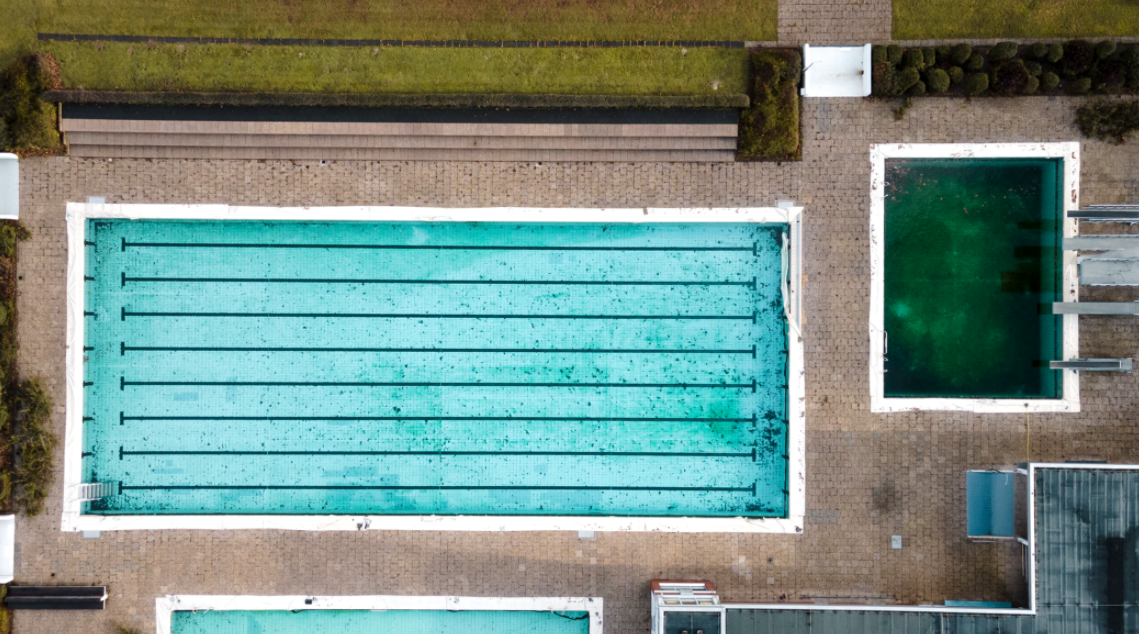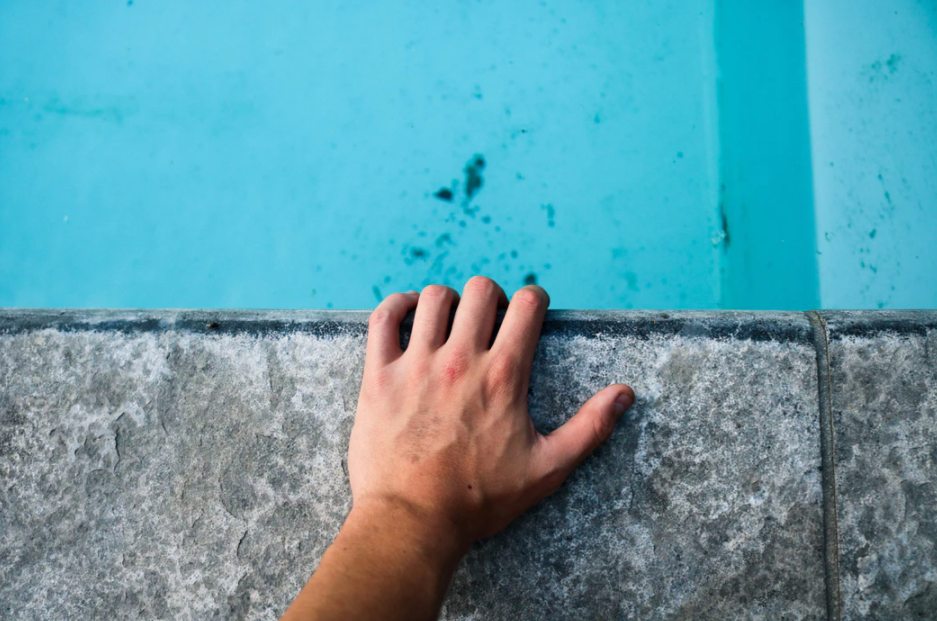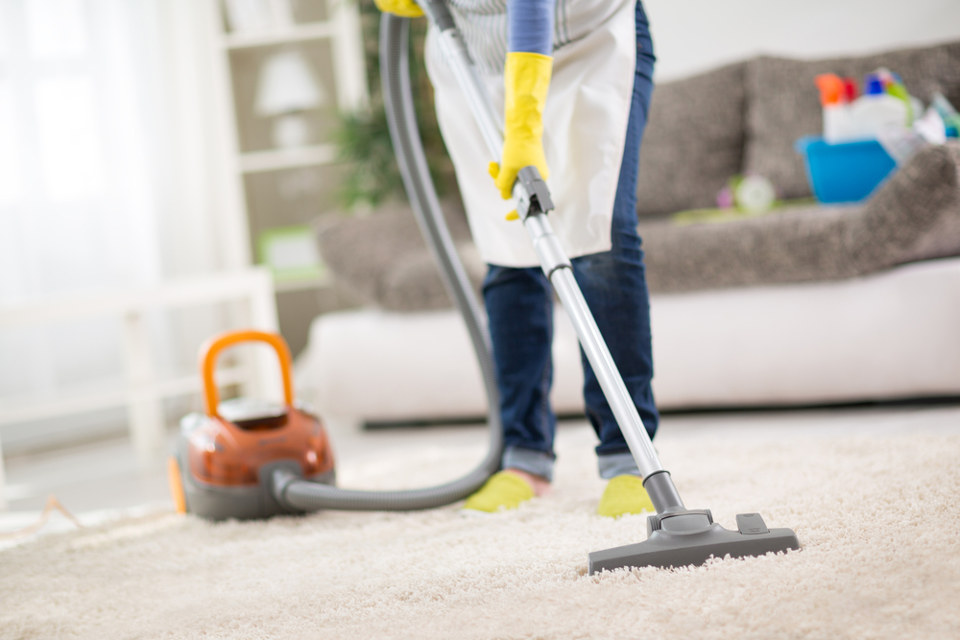Helpful Tips to Get Rid of Algae and Easily Maintain Your Pool

Algae is one of the most common issues that most pool owners face and struggle to manage!

Photos By: Unsplash
Algae is a tiny plant-like organism that grows in pool water. On sunny days, algae photosynthesize and multiply rapidly, resulting in your pool covered almost entirely by the algae. Overlooking even that tiny patch of algae growing in your pool for too long and you could end up with a big problem will take up a lot of your time and money to contain. It would be best to clean up the algae before it turns into a significant issue and uses innovative prevention methods to ensure the problem never pops up again.
Pool Algae Types
Knowing the type of algae growing in your pool is critical in determining how to efficiently get rid of the algae. There are three main types of pool algae:
Green Pool Algae
It is the most common form of pool algae. Green algae float on the pool water and can attach themselves to the walls of the pool. Poor water filtration and lack of proper sanitization of the pool could boost the growth and spread of the algae. However, it is easy to clean this form of algae. You can brush it off the walls. The algae could also be found in areas of your pool that lack proper circulation. In this case, a little sanitizer such as chlorine will quickly clear out the algae.
Yellow Algae
It mainly grows on the walls and areas of your swimming pool that do not receive a lot of sunshine. It can be mistaken for sand or pollen. It is hard to get rid of yellow algae, and you may need to use harsh measures to eradicate it.
Black Algae
It has a tough defense mechanism and strong roots that can dig into the concrete roots of your pool. If you want more information about the removal of black spots, you can read more here. The features make eradicating black algae from your swimming pool an absolute nightmare, and you need to use strong measures that will deal with the black algae and ensure it does not emerge again.

How to Get Rid of Algae in the pool Effectively
Brush Your Pool Walls and Floor
Using a brush to scrub the walls and floor of the pool allows the sanitizer that you use to penetrate deeper into any algae that may be around. The process also allows you to stir up the sediment. Ensure you use a stiff pool brush on a pole to clean the walls and floor. Pay close attention to the corners and the pool areas that do not receive enough or direct sunlight. Such regions can provide the best conditions for algae to bloom in your pool.
Manually Vacuum Your Pool
An automated vacuum cleaner may seem like the best option when you want to clean your pool. However, this is often not the case. The automatic cleaners are not best suited to clean algae from your pool. It would be best if you manually vacuum your pool directly to the waste. You can then bypass the filter to prevent the recirculation of the water contaminated by the algae. Manually cleaning the pool also allows you to pay close attention to areas that contain algae.
Shock the Swimming Pool
Algae can be resistant to the primary treatment methods, and you may need to resort to more aggressive treatment. You may have to resort to the shock treatment for your pool. Shocking the swimming pool refers to using a high dose of chlorine and acid to clean the pool. Shocking can be effective in clearing the stubborn types of algae present in your pool. However, it would be best to read the package instructions to learn how to determine the correct dose to use depending on the size of your pool. You could also let professionals deal with the situation.
Filtering Out the Pool Algae
It would be best to filter out the algae in the pool. The algae could also be the remains after the shock treatment. It would be best to continuously run the filter for several hours until the water becomes clear. To make the process faster, you can add some pool water clarifiers. It would, however, be best to check whether you need to top off the water in the pool before turning on the pump.
Although you may regularly maintain your pool, your pool may get afflicted by algal blooms due to high humidity and winds. However, it would be best to act as soon as you notice any signs of algae to prevent the spread of algae as it can multiply.






